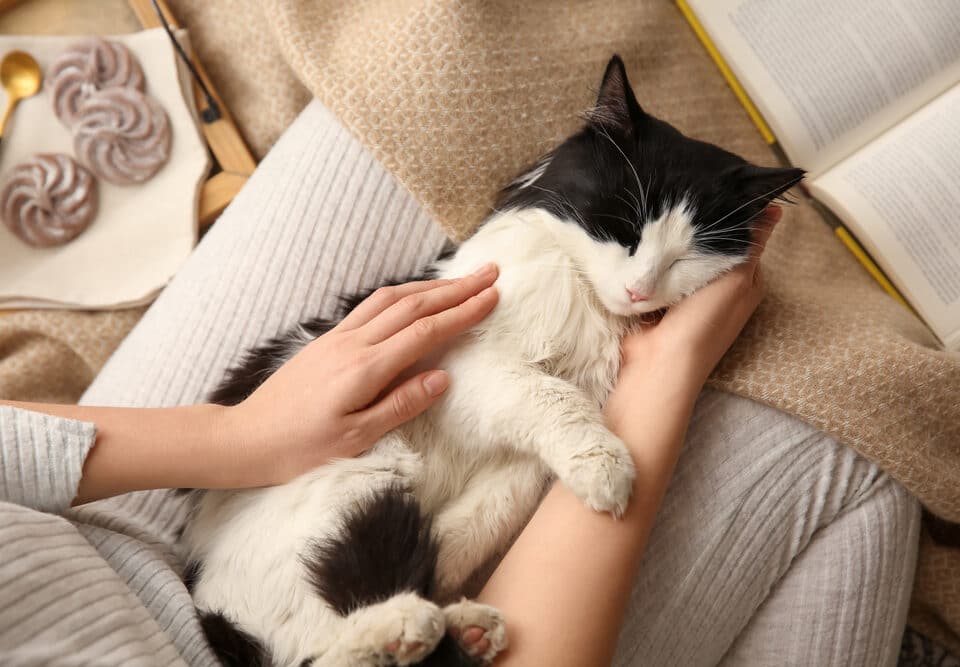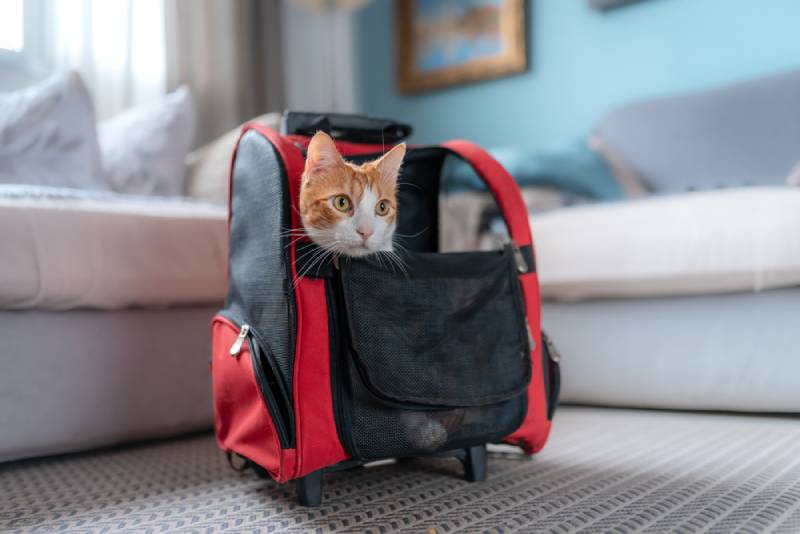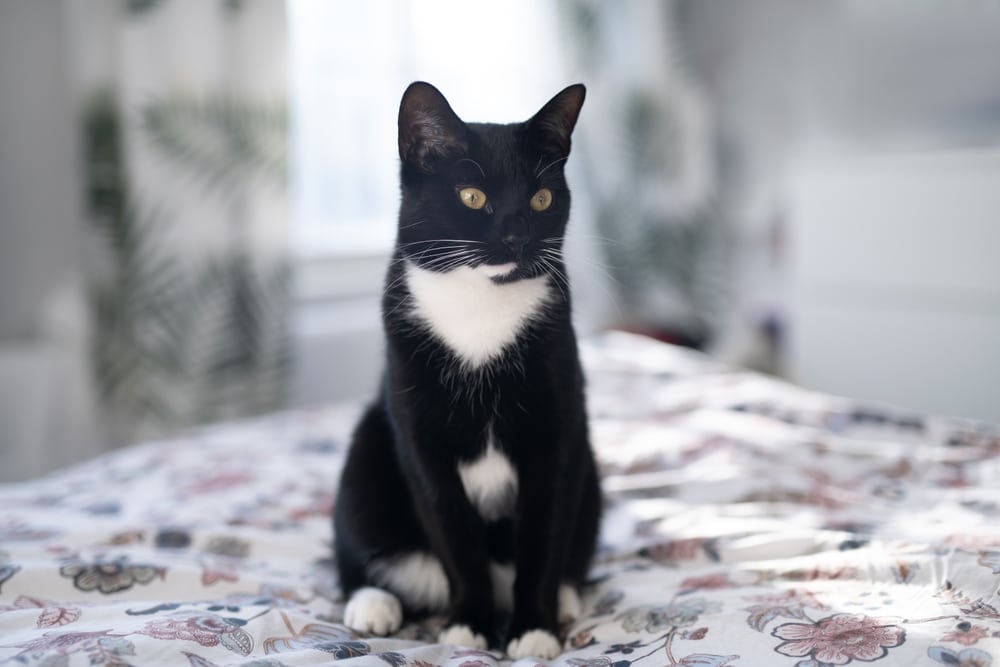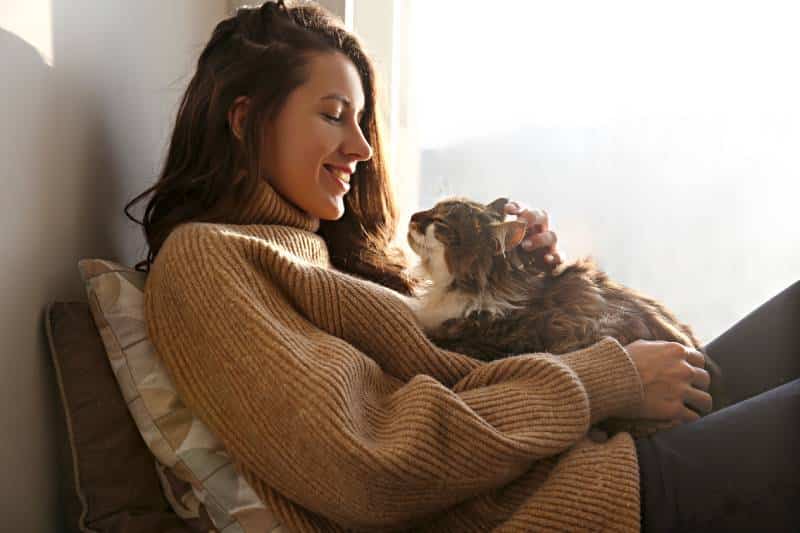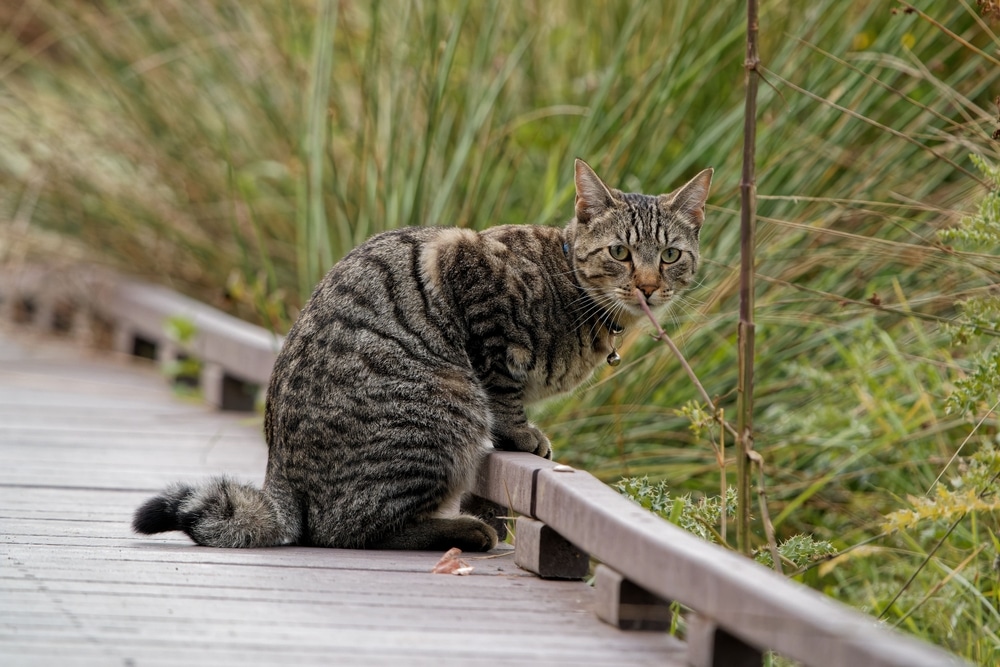Ever wondered why your cat suddenly turns up the volume on its purring? It turns out, those blissful hums might not always mean what you think. Cats are complex creatures, and loud purring could be them broadcasting more than sheer joy.
Purring is that soft, vibrating noise cats make by rattling their laryngeal muscles. Most folks think it simply says, “I’m happy,” but that’s not the whole story. While purring often signals relaxation or pleasure, it can also be a sign of stress, anxiety, or even pain. So, if your furry friend is purring like a freight train, pay attention to the other cues they’re giving you.
Just as humans have unique voices, cats come with their own purring frequencies, which some might describe as louder than a motorcycle engine! This can come down to genetic factors. What’s interesting is that this frequency stays with them throughout life, so if your kitten starts with a loud purr, chances are they’ll stick with it as they grow up.
There’s also the personality at play—some cats are just more expressive. Those extroverted felines tend to vocalize more, letting out frequent meows and loud purrs to make their presence known. They’re a bit like that chatty friend who’s always got something to say.
Then there’s the happy purr, the sound of pure feline contentment. It’s a loud, gentle rumble that says, “I’m relaxed, I love you, and life’s good.” Cats often offer this kind of purring when they’re snuggled up, kneading, or when you see those happy squinty eyes.
Now, cats are little manipulators too. If they discover their loud purring draws you in for cuddles or an unexpected kitty snack, they’re likely to keep that going. It’s their way of saying, “Look at me! I’m irresistibly cute.”
But here’s where things get serious. Sometimes, cats purr loudly as a way to cope with stress or pain. It might sound comforting to us, but for them, it’s about self-soothing and healing. The act of purring releases endorphins, those feel-good chemicals, which can help a cat relax even if they’re hurting. You should become a detective then—look for any signs of stress, like hiding, changes in eating habits, or aggression. If you notice these, it might be time to check in with the vet.
Cats might purr loudly for a variety of reasons beyond just being content. From communication and seeking attention to potential signs of distress, it’s essential to read the context and know your pet’s behavior. Always keep an eye out for other cues to truly understand what your beloved feline is trying to tell you. If anything seems amiss, consulting a vet is a wise move.
